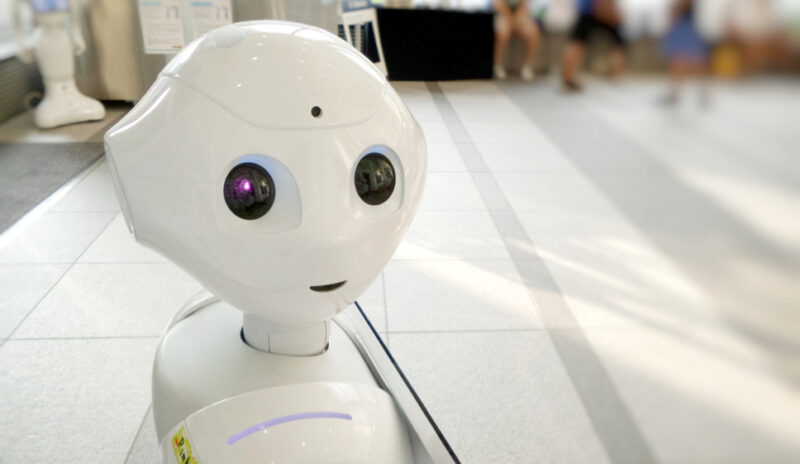There can be no doubt that the machines are coming. In the years ahead, artificial intelligence will have an impact on most sectors and inevitably replace many human workers.
Indeed, over just the last few weeks, the Covid-19 pandemic has seen an unprecedented migration to remote working for millions of people – a shift that has only been made possible by today’s digital communication technology. In addition to Zoom meetings and TV appearances being literally phoned in, AI has proved its worth in some cases by helping to fill the business function gaps left by temporarily absent staff.
What AI experts are predicting
Many commentators are predicting that the professional world will never be the same again. Employers who previously derided home working or AI support are suddenly seeing the feasibility, even the benefits, of a remote workforce and ‘machine colleagues’.
Is the robot revolution going too far?
However, I’m not convinced that AI, digital solutions and geographically distant teams will displace face-to-face interaction in the way some suggest. On the contrary, I believe that the demand for ‘human’ skills will grow rapidly in the coming years. After a long period of enforced distance, I think that the world will come to hold in-person encounters and the skills that only a human being can supply in much higher regard.





